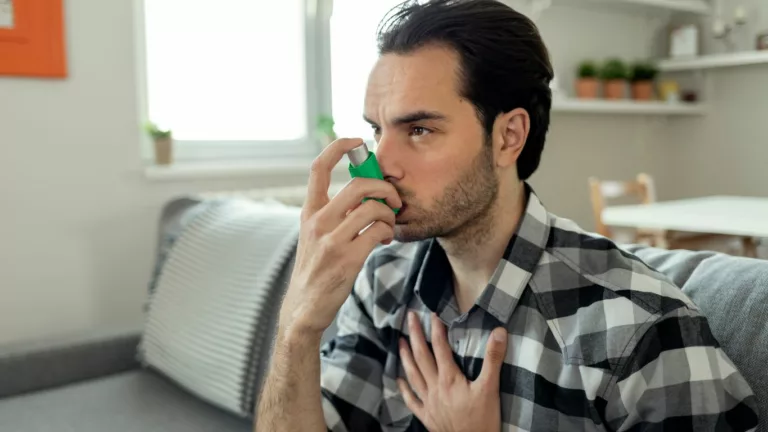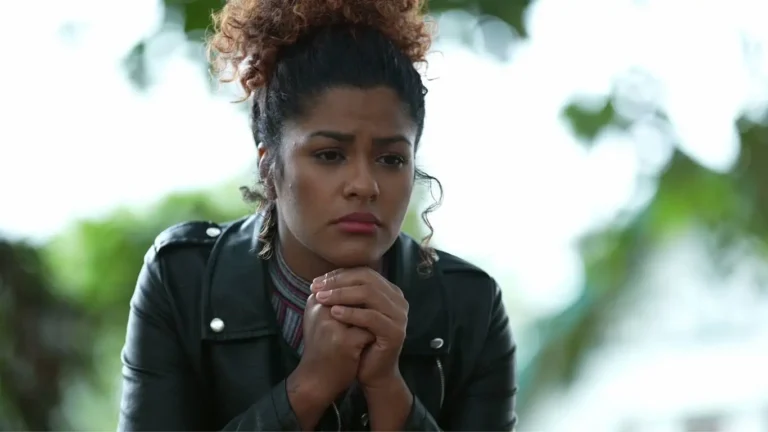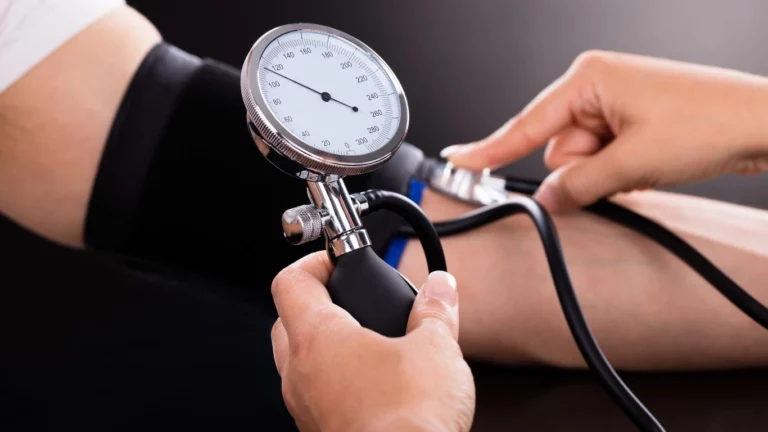Hypertension: Understanding the Causes, Symptoms, and Management
Hypertension is one of the most common health issues that affects millions of people globally. It’s often referred to as a “silent killer” because it doesn’t always show symptoms until it’s too late. If you’ve been diagnosed with high blood pressure or are worried about it, understanding what it is, how it develops, and how to manage it can make a world of difference. Let’s dive into what hypertension is all about and how you can take control of your health.
What is Hypertension?

Hypertension, or high blood pressure, occurs when the force of the blood against the walls of your arteries is consistently too high. This can strain your heart and lead to serious health issues, such as heart disease, kidney damage, and even stroke. Think of your blood vessels as pipes in a plumbing system – when too much pressure builds up, it can cause major problems. Unfortunately, it’s often not something you feel, which is why it’s so important to get your blood pressure checked regularly.
Causes of Hypertension

There are two types of hypertension: primary (essential) and secondary. Primary hypertension develops gradually over many years, with no identifiable cause. It’s the most common form. Secondary hypertension, on the other hand, is a result of another health condition, such as kidney disease or hormonal disorders. Lifestyle factors, such as a poor diet (especially high salt intake), lack of physical activity, smoking, and stress, can also contribute to high blood pressure. Genetics also play a role – if your parents had hypertension, you’re more likely to develop it.
Symptoms of Hypertension

One of the tricky things about hypertension is that it often has no symptoms. You might not even know you have it unless you get your blood pressure checked. However, in some cases, you may experience symptoms like headaches, shortness of breath, nosebleeds, or dizziness. These are usually signs that your blood pressure has been high for a long time, and it’s important to take action as soon as you notice any of these symptoms. Regular check-ups can catch hypertension early and prevent long-term damage.
How to Manage and Lower Blood Pressure

Managing your blood pressure doesn’t have to be complicated. A few lifestyle changes can go a long way. Start by eating a balanced diet, low in salt and rich in fruits, vegetables, and whole grains. Regular exercise is another great way to keep your blood pressure in check. Aim for at least 30 minutes of moderate activity most days of the week. If you smoke, quitting will improve your blood pressure and overall health. Additionally, managing stress through techniques like deep breathing or yoga can also help. In some cases, medication may be necessary to keep your blood pressure under control. Always follow your healthcare provider’s advice and get regular check-ups.
Key Takeaways
Hypertension is a serious condition, but with the right approach, it can be managed effectively. Regular monitoring of your blood pressure, making healthier lifestyle choices, and seeking medical advice are key to preventing long-term complications. Remember, the sooner you catch high blood pressure, the easier it is to manage. So, get checked regularly and take steps to protect your health!
FAQs
- What is the ideal blood pressure? The ideal blood pressure is typically around 120/80 mm Hg. Anything higher may be a sign of hypertension.
- Can hypertension be cured? While hypertension can’t always be cured, it can be effectively managed with lifestyle changes and medication.
- How often should I check my blood pressure? If you have hypertension, it’s a good idea to check your blood pressure regularly. Your doctor will guide you on how often it should be monitored.
References
- Centers for Disease Control and Prevention – High Blood Pressure
- American Heart Association – High Blood Pressure
Disclaimer
The information provided here is for general informational purposes only and should not be taken as medical advice. Always consult a healthcare professional for personalized recommendations and treatment options.
Call to Action
If you think you might have high blood pressure, don’t wait! Get your blood pressure checked today and start making healthy lifestyle changes. It’s never too late to take control of your health!

Dr. Gwenna Aazee is a board-certified Internal Medicine Physician with a special focus on hypertension management, chronic disease prevention, and patient education. With years of experience in both clinical practice and medical writing, she’s passionate about turning evidence-based medicine into accessible, actionable advice. Through her work at Healthusias.com, Dr. Aazee empowers readers to take charge of their health with confidence and clarity. Off the clock, she enjoys deep dives into nutrition research, long walks with her rescue pup, and simplifying medical jargon one article at a time.







